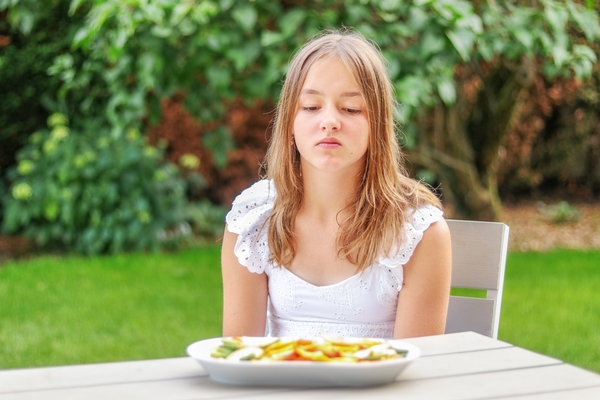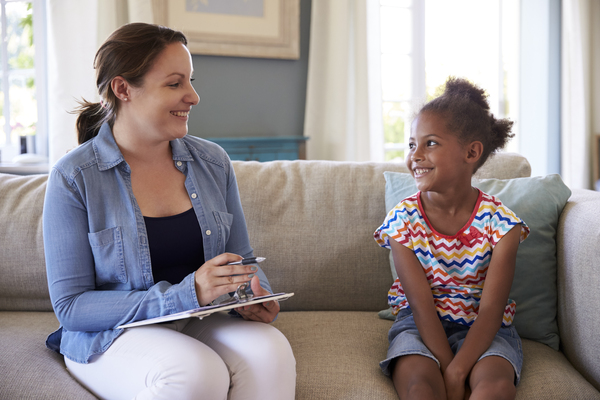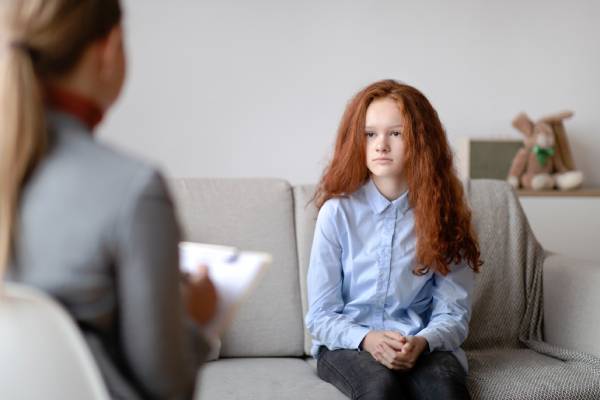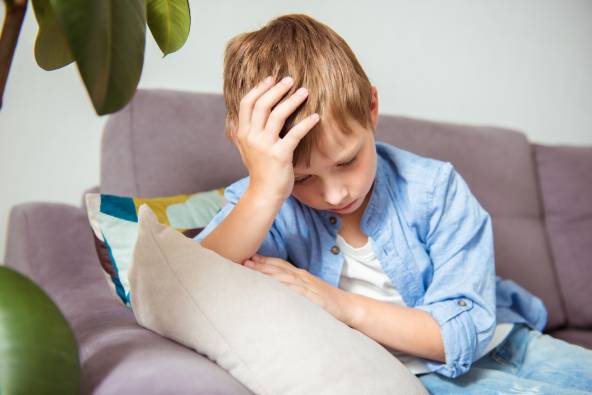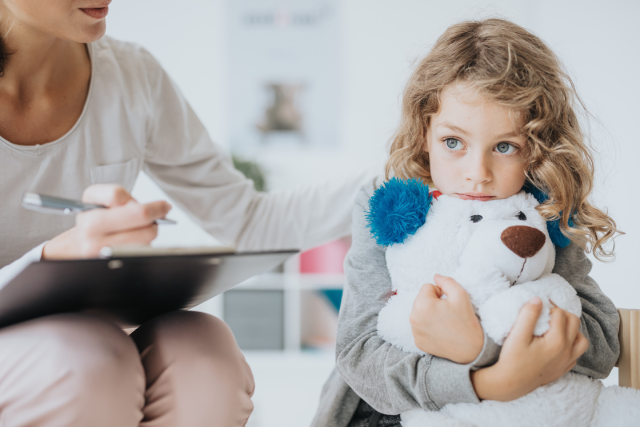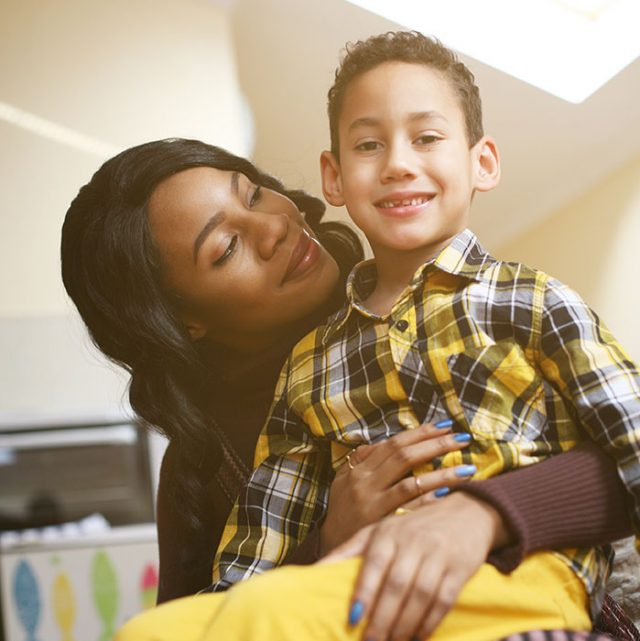A Guide for Parents of Children and Teens with Eating Disorders
For parents, the well-being of their children is their paramount concern. Discovering that your teen is struggling with an eating disorder can be overwhelming. Navigating the complexities of an eating disorder in your child requires...

